Let’s face it… who hasn’t fantasized about dodging their desk on a sunny Friday afternoon? Just picture it: a summer where Fridays are yours to kick back, relax, or pursue your passions. It’s so close you can almost taste it, and with some help from Joe Sanok, you just might be able to plead your case to your boss.
Joe is a seasoned author and Optimist Instructor, and as such is the brain behind one of our most popular classes in The Optimism Library, “Work Smarter, Not Longer.” This class lays bare the surprising, research-backed benefits of a four-day workweek, arguing that it’s not just a nice-to-have for employees but also a major boon for businesses aiming to boost productivity and the bottom line.
But Wait—How Does Less Work Mean More Productivity?
The main pushback against a shorter workweek often comes from a fear that productivity will plummet, that the bottom line will suffer. (No shocker here.) However, Joe, armed with both historical insights and recent data, argues otherwise.
“Shifting to a four-day model has led to significant savings and happier, more engaged employees in loads of many different types of organizations,” he says.
He highlights research from trials like Iceland’s recent study into reduced working hours, which shows that employees are not only happier but also healthier and more productive. “When we work fewer hours, we actually do better, more focused work,” Joe explains. (For more on this, check out How to Master the Art of Working Less and Achieving More.)
Use Summer Fridays As an Experiment
Though obviously impossible at many companies and likely in many industries (looking at you with admiration and gratitude, doctors and nurses!), a four-day work week can begin as a simple experiment, says Joe.
Employers can adopt the four-day workweek during the summer as a pilot, observing the impact on key performance indicators and overall employee well-being. This isn’t about shirking responsibility but about redistributing effort more intelligently to harness peak productivity periods and foster a happier workplace.
Organizations worried about dipping their toes into these uncharted waters can take comfort from Joe’s reassurances and the successes of those who have already made the leap. The shift towards a more flexible, employee-focused schedule could also serve as a powerful recruitment and retention tool, an aspect critical in today’s competitive job market.
More Useful Advice from The Optimism Company
3 Game-Changing Tips for More Effective Meetings
Explore 50+ Career-Building Classes in Our Optimism Library.
Try This One-Minute Breathing Exercise to Instantly Calm Your Mind











